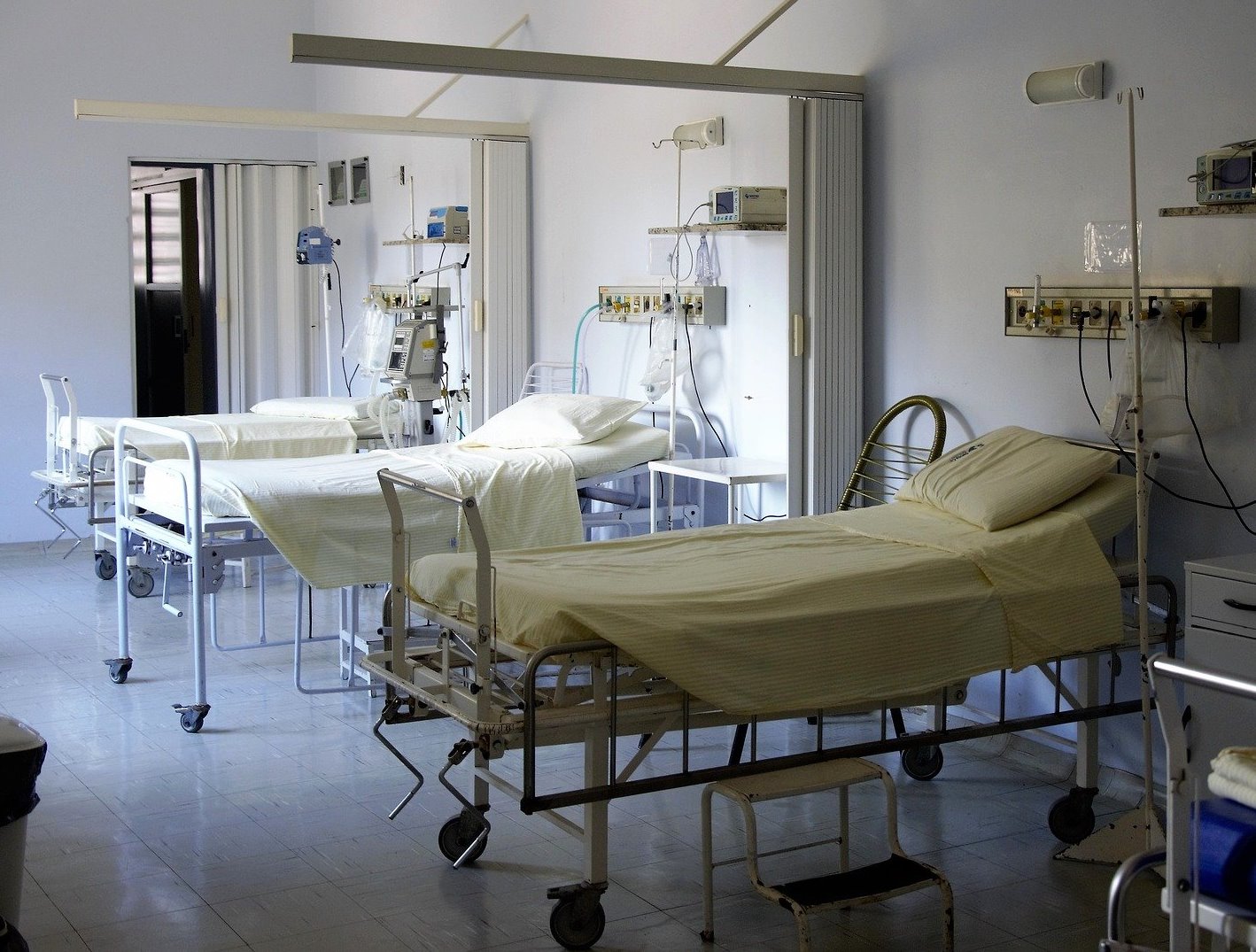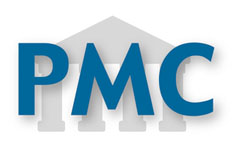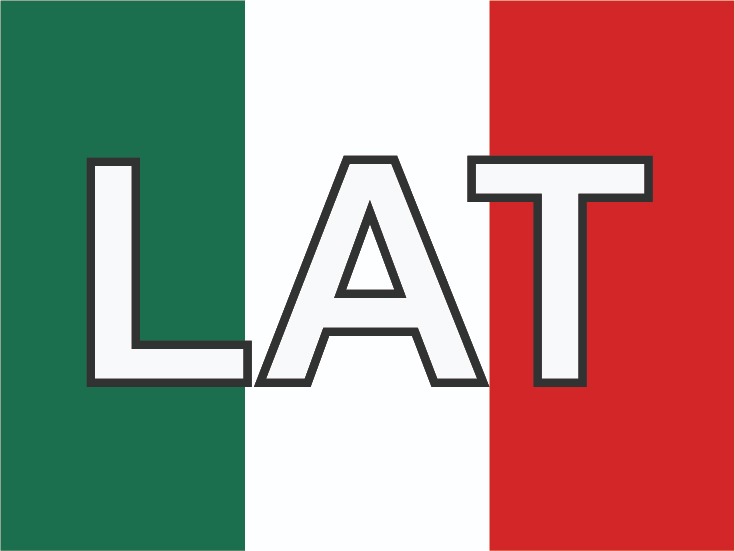COVID-19: Adaptation of a model to predict healthcare resource needs in Valle del Cauca, Colombia
Abstract
Background: Valle del Cauca is the region with the fourth-highest number of COVID-19 cases in Colombia (>50,000 on September 7, 2020). Due to the lack of anti-COVID-19 therapies, decision-makers require timely and accurate data to estimate the incidence of disease and the availability of hospital resources to contain the pandemic.
Methods: We adapted an existing model to the local context to forecast COVID-19 incidence and hospital resource use assuming different scenarios: (1) the implementation of quarantine from September 1st to October 15th (average daily growth rate of 2%); (2-3) partial restrictions (at 4% and 8% growth rates); and (4) no restrictions, assuming a 10% growth rate. Previous scenarios with predictions from June to August were also presented. We estimated the number of new cases, diagnostic tests required, and the number of available hospital and intensive care unit (ICU) beds (with and without ventilators) for each scenario.
Results: We estimated 67,700 cases by October 15th when assuming the implementation of a quarantine, 80,400 and 101,500 cases when assuming partial restrictions at 4% and 8% infection rates, respectively, and 208,500 with no restrictions. According to different scenarios, the estimated demand for reverse transcription-polymerase chain reaction tests ranged from 202,000 to 1,610,600 between September 1st and October 15th. The model predicted depletion of hospital and ICU beds by September 20th if all restrictions were to be lifted and the infection growth rate increased to 10%.
Conclusion: Slowly lifting social distancing restrictions and reopening the economy is not expected to result in full resource depletion by October if the daily growth rate is maintained below 8%. Increasing the number of available beds provides a safeguard against slightly higher infection rates. Predictive models can be iteratively used to obtain nuanced predictions to aid decision-making
Authors
Downloads
Keywords
- COVID-19
- Pandemics
- Quarantine
- Health Resources
- Intensive Care Units
- Hospitals
- Ventilators, Mechanical
References
Instituto Nacional de Salud. COVID-19 Colombia | Reporte 14-05-2020 [Internet]. Ministerio de Salud; 2020 May [cited 2020 May 14]. Available from: https://www.ins.gov.co/Noticias/Paginas/Coronavirus.aspx
Gobernación del Valle del Cauca, 2020. Laboratorios habilitados [cited 2020 May 14]. Available from: https://www.valledelcauca.gov.co/salud/publicaciones/66065/laboratorios-habilitados/
Ministerio de Salud y Protección Social, Colombia confirma su primer caso de COVID-19 [cited 2020 May 14]. Available from: https://www.minsalud.gov.co/Paginas/Colombia-confirma-su-primer-caso-de-COVID-19.aspx
Ministerio del Interior. Decreto numero 636 [Internet]. May 6, 2020. Available from: https://dapre.presidencia.gov.co/normativa/normativa/DECRETO%20636%20DEL%206%20DE%20MAYO%20DE%202020.pdf
Barrett K, Khan YA, Mac S, Ximenes R, Naimark DM, Sander B. Estimation of COVID-19-induced depletion of hospital resources in Ontario, Canada. CMAJ. May 14 2020 DOI: https://doi.org/10.1503/cmaj.200715. Available from: https://www.cmaj.ca/content/early/2020/05/14/cmaj.200715
Barret K, Khan Y, Mac S, Pechlivanoglou P, Ximenes R, Heath A, et al. COVID-19: Predicting Healthcare Resource Needs in Ontario [Internet]. University of Toronto; 2020 [cited 2020 May 14]. Available from: https://www.covid-19-mc.ca/interactive-model
Wu Z, McGoogan JM. Characteristics of and Important Lessons From the Coronavirus Disease 2019 (COVID-19) Outbreak in China: Summary of a Report of 72 314 Cases From the Chinese Center for Disease Control and Prevention. JAMA. 2020 Apr 7;323(13):1239. https://doi.org/10.1001/jama.2020.2648
Ministerio de Salud. Capacidad instalada para la prestación de servicios de salud [Internet]. 2020 May [cited 2020 May 14]. Available from: https://minsalud.maps.arcgis.com/apps/opsdashboard/index.html#/1de89936b24449edb77e162d485ed5d9
Registro Especial de Prestadores de Servicios de Salud. Registro Actual - Capacidad [Internet]. Ministerio de Salud; 2020 May [cited 2020 May 14]. Available from: http://prestadores.minsalud.gov.co/habilitacion/consultas/capacidadesinstaladas_reps.aspx
Bellani G, Laffey JG, Pham T, et al.; LUNG SAFE Investigators; ESICM Trials Group. Epidemiology, patterns of care, and mortality for patients with acute respiratory distress syndrome in intensive care units in 50 countries. JAMA 2016;315:788-800. https://doi.org/10.1001/jama.2016.0291
Instituto Nacional de Salud. Casos positivos de COVID-19 en Colombia [Internet]. 2020 May. (Datos Abiertos). Available from: https://www.datos.gov.co/Salud-y-Protecci-n-Social/Casos-positivos-de-COVID-19-en-Colombia/gt2j-8ykr/data
Coronavirus disease 2019 (COVID-19) daily epidemiology update. Public Health Agency of Canada; updated 2020 May 3
Critical Care Services Ontario. Critical Care Capacity and Ventilators [Internet]. 2020 May [cited 2020 May 14]. (CCSO COVID-19 Updates). Available from: https://criticalcareontario.com/covid-19-updates#4d2568a8-8e18-4495-8443-5ee12d7cf12a

Copyright (c) 2020 Universidad del Valle

This work is licensed under a Creative Commons Attribution-NonCommercial 4.0 International License.
The copy rights of the articles published in Colombia Médica belong to the Universidad del Valle. The contents of the articles that appear in the Journal are exclusively the responsibility of the authors and do not necessarily reflect the opinions of the Editorial Committee of the Journal. It is allowed to reproduce the material published in Colombia Médica without prior authorization for non-commercial use


 https://orcid.org/0000-0002-8300-5784
https://orcid.org/0000-0002-8300-5784






























